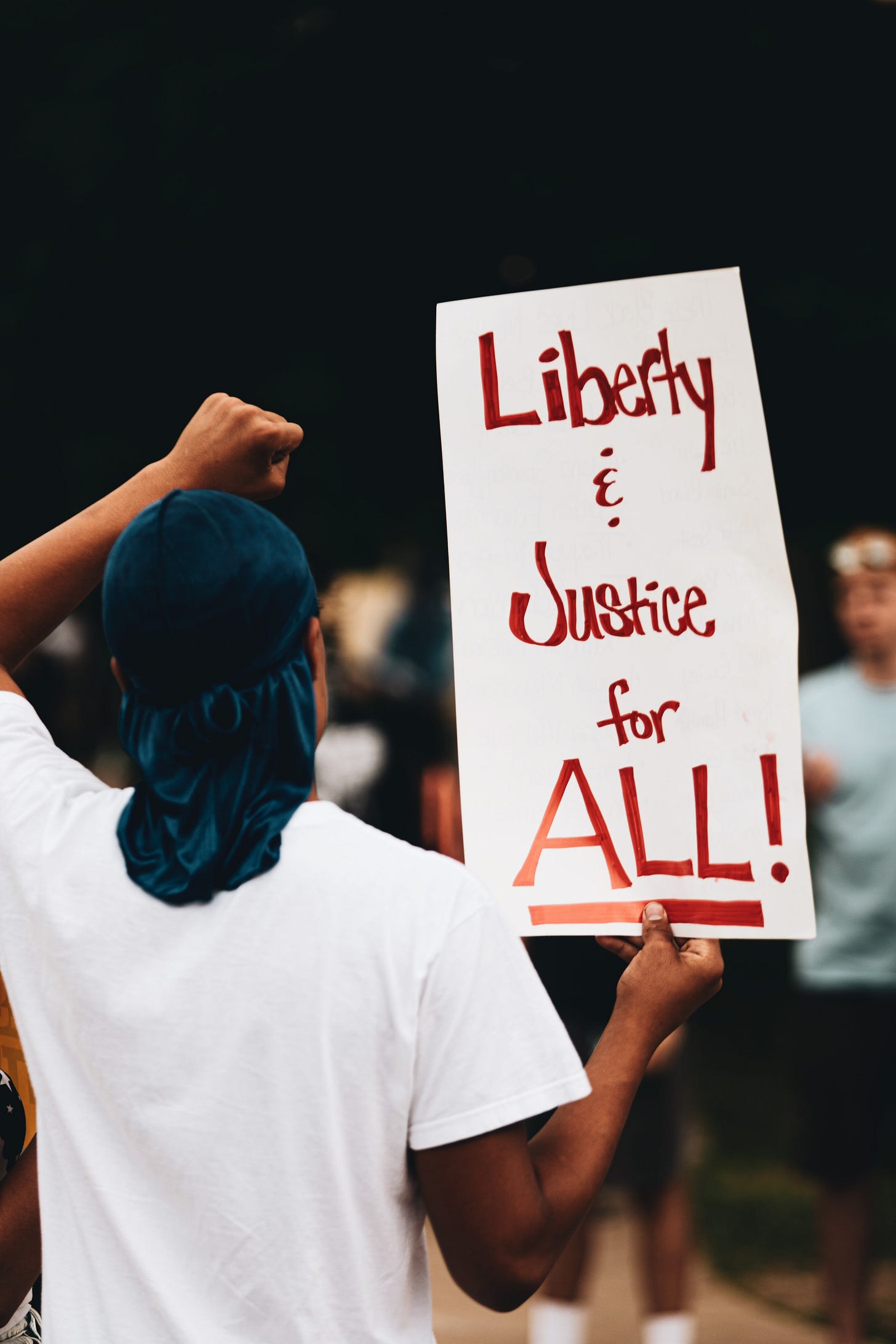Setting the Stage: Racism and Jewish Values
In a world plagued by racial injustice and discrimination, the need for compassion and societal healing has never been more urgent. Drawing wisdom from Jewish tradition, we can find profound guidance in the values of Rachamim (compassion) and Tikkun Olam (repairing the world). These two core principles empower us to combat racism, foster empathy, and work towards building a more just and equitable society. This essay delves into the essence of Rachamim and Tikkun Olam, exploring how they inspire us to listen, understand, and take collective action against racism.
Understanding Rachamim: Beyond Sympathy, Embracing Compassion
At the heart of Jewish teachings lies Rachamim, which goes beyond mere sympathy. Compassion, in the true sense, entails the ability to empathize with the feelings and experiences of others. Rachamim reminds us of the interconnectedness of humanity, urging us to break down the barriers that separate us from others. By cultivating compassion, we open ourselves to the struggles and suffering of marginalized communities, transcending the ignorance that often perpetuates racism.
Tikkun Olam: Repairing the World with Empathy and Justice
Tikkun Olam, a foundational concept in Jewish thought, calls upon us to take an active role in repairing the world. It acknowledges the brokenness and injustice that exist and emphasizes our moral obligation to effect change. Crucially, Tikkun Olam can only be realized with empathy and compassion. To dismantle racism, we must understand its existence and actively repair the systems perpetuating discrimination, bigotry, and racism. By acknowledging the experiences of those affected by racism, we can forge a path toward a more equitable society.
The Power of Listening: Elevating Voices of Black Communities
Listening lies at the core of both Rachamim and Tikkun Olam. In the fight against racism, elevating the voices of Black communities is imperative. For far too long, our voices have been silenced and our experiences dismissed. By actively listening to Black individuals and wholeheartedly believing our narratives, we bestow the dignity and respect Black people deserve. Through this, we recognize the unique perspective Black people bring to the struggle against racial injustice.
The Arrogance of Ignorance: A Barrier to Progress
Failure to listen and empathize with the experiences of marginalized communities reflects arrogance and perpetuates systemic racism. When we dismiss or invalidate their lived realities, we deny the existence of deeply rooted inequality and discrimination. This arrogance of ignorance perpetuates a vicious cycle of injustice, impeding our collective efforts to create a more inclusive and harmonious society.
Fostering Empathy and Understanding: Keys to Tikkun Olam
Embracing Rachamim and Tikkun Olam requires constant efforts to foster empathy and understanding. To combat racism effectively, we must begin with self-reflection, acknowledging our biases, and actively seeking to unlearn harmful stereotypes. By engaging in open dialogues and educating ourselves about the experiences of others, we can transcend the barriers of ignorance and build bridges of empathy and compassion.
Taking Action: Answering the Call of Tikkun Olam
Tikkun Olam demands more than empathy; it calls for proactive engagement to dismantle racism. Armed with the awareness of systemic injustices, we must advocate for policy changes and work to reform institutions that perpetuate discrimination. Tikkun Olam demands collective responsibility, urging us to stand in solidarity with those oppressed by racism and actively challenge discriminatory practices wherever they exist.
Forging a Path Forward
While the values of Rachamim and Tikkun Olam are essential in this journey, they alone are not a panacea for eradicating racism. We must acknowledge that combating racism involves a long and arduous path that requires collective dedication and a commitment to meaningful change.
The values of Rachamim and Tikkun Olam, rooted in Jewish tradition, offer a powerful foundation for addressing racism and striving for a more equitable society. However, it is essential to recognize that racism is a deeply entrenched systemic issue, and the journey to combat it requires unyielding commitment, continuous self-reflection, and collective action.
Embracing empathy and compassion, as demonstrated by Rachamim, lays the groundwork for understanding the experiences of marginalized communities. Through Tikkun Olam, we are called to take responsibility for repairing the world and dismantling the structures that perpetuate discrimination. These values encourage us to elevate the voices of those affected by racism, actively listen, and work toward justice and equality.
Nevertheless, we must be cautious not to underestimate the challenges ahead. Confronting systemic racism demands widespread societal change, addressing historical injustices, and acknowledging our own complicity in perpetuating discrimination. Teshuvah, the concept of seeking repentance and return, calls upon us to acknowledge our mistakes and actively work to rectify them. This process requires humility and a commitment to learning and unlearning harmful biases.
Ultimately, the journey to combat racism and create a just and inclusive society is ongoing and requires the engagement of individuals, institutions, and policymakers. It necessitates fostering empathetic communities that prioritize justice and actively work to dismantle systemic barriers.
By uniting under the values of Rachamim and Tikkun Olam, coupled with the dedication of Teshuvah, we can begin to build a society that truly acknowledges and addresses the roots of racism. Together, we can work towards a future where empathy, compassion, and justice prevail, paving the way for a more equitable and harmonious world. The road may be long and challenging, but it is a path we must walk together with determination, humility, and unwavering commitment to lasting change.
I want to live in a world full of song and hope
Where my children can play and not have to cope
Please bless us and give us healing




